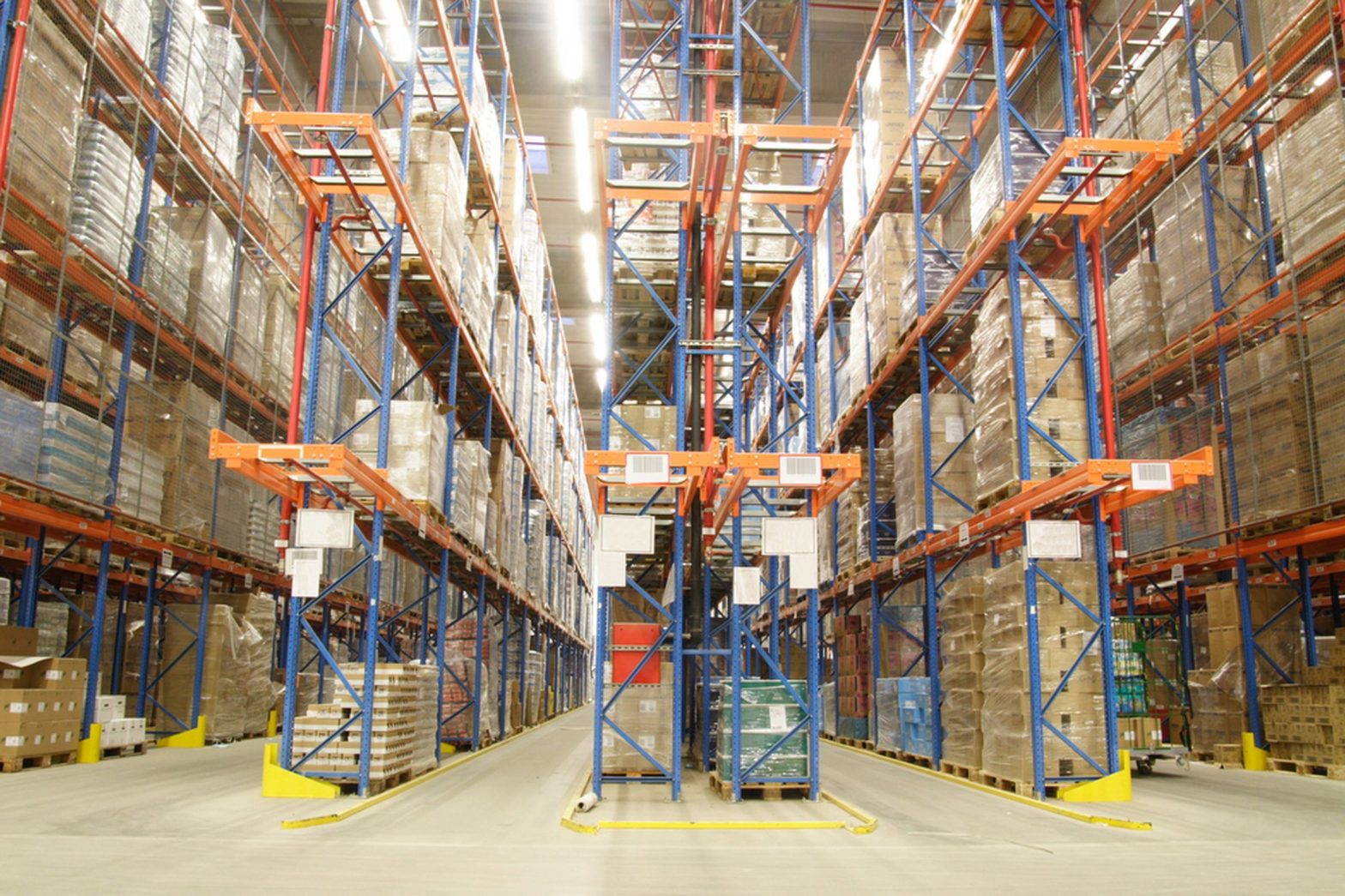/
The law requires employers to inform warehouse distribution workers of their quotas and performance.
:format(webp)/cdn.vox-cdn.com/assets/1041719/warehouse-stock-ss.jpg)
Yesterday, New York Governor Kathy Hochul signed the Warehouse Worker Protection Act (WWPA), which protects warehouse distribution workers from undisclosed or unlawful work speed quotas. In addition to protecting warehouse workers from unreasonably demanding work quotas, the law will require distribution centers to inform workers of their performance and rights in the workplace.
While the law doesn’t target Amazon specifically, its authors say it was designed to address the management practices and quotas that the e-commerce giant places on its employees, which has often been criticized for the dehumanizing expectations placed on its warehouse workers.
The WWPA follows a similar law that was passed in California last September (AB-701) that required employers to provide their warehouse workers with written descriptions of their quotas and also prevents employers from punishing workers for failing to meet quotas that weren’t disclosed to them.
Retail, Wholesale and Department Store Union president Stuart Appelbaum explained why his organization pushed for the legislation, saying, “Amazon alone has opened more than 70 facilities in the state and over half of those facilities have been built since January 2021. At the same time, we have seen increased injury rates for warehouse workers. Due to extreme work quotas, warehouse workers have suffered heart attacks, strokes, repetitive motion injuries, and irreparable life-long joint and back pain.”
According to a December 16th release put out by the United States Department of Labor, OSHA issued Amazon a citation for 14 recordkeeping violations, including failures to record and misclassification of injuries and illnesses of its workers. These violations only encompass the investigations performed at only six of Amazon’s 110 active US fulfillment centers.
Further evidence of the stress placed on Amazon warehouse employees can be found in a 2021 report by the advocacy group Strategic Organizing Center, which found that Amazon workers are twice as likely to be injured than people that work for warehouses within similar companies.
Unionization efforts at Amazon warehouses have gained momentum but remain an uphill battle, with some warehouses voting against unionization and other elections deemed to have suffered from outside interference. Unfortunately, laws like the WWPA only apply at the state level and will require additional state legislatures to follow suit for other warehouses to be subject to the same protections.
